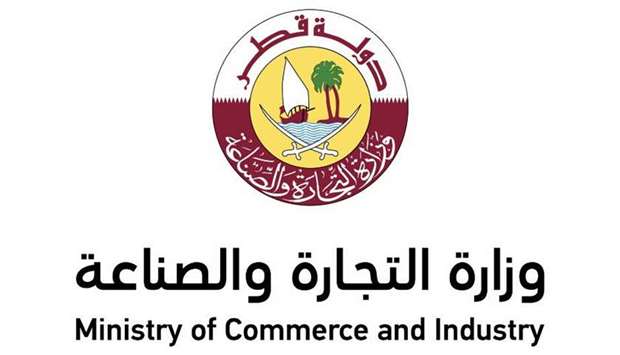This came in al-Kuwari’s speech during a discussion that took place on Wednesday on “Multiple Strategic Visions: the Future of Policy-related Investment,” at the World Economic Forum in Davos.
He said the meeting was being held in the backdrop of uncertain global economic changes. Qatar witnessed regional challenges through the unlawful blockade aimed at undermining its position as an economically independent and sovereign state.
Qatar had been working on achieving sustainable development, even before the blockade was imposed, through adopting comprehensive policies aimed at increasing the contribution of non-oil sectors to the country’s GDP.
Qatar works on directing its revenue from oil and natural gas towards supporting other economic sectors, in addition to transforming the commercial sector and national industries into active partners to achieve the National Development Strategy objectives, al-Kuwari said.
In line with these efforts, the minister said Qatar sought to make its economy more open to the world and developed direct trade lines with a number of major trading partners around the world, including India, Pakistan, Kuwait, Iraq, Oman, Turkey, Azerbaijan and Central Asia.
Through the many agreements signed with these countries, Qatar aims to promote its trade activity, targeting a market of nearly 400mn people in the first phase, al-Kuwari said. The country aims to achieve this using its strategic location, which links the East with the West, its developed infrastructure and high-quality logistic services through Hamad Port and Hamad International Airport (HIA), the minister said.
He said Hamad Port accounts for more than 27% of the trade volume in the Middle East.
HIA is one of the biggest in the region and links more than 160 destinations around the world through Qatar Airways.
Al-Kuwari also said the policies adopted by Qatar have proved to be a success, revealing that foreign trade registered a 16% growth in 2017. Exports rose by 18%, which in turn reflected on Qatar's total trade balance, achieving a huge surplus of 49%.
He said the appropriate business environment offered to the trade and industry sectors contributed to supporting Qatar’s international trade performance.
He referred to Qatar's logistics parks and industrial zones, which allow foreign companies access to world-class facilities, including HIA and Hamad Port.
Al-Kuwari said the developed infrastructure and logistic services in Qatar contributed to enhancing the private sector's productivity and the local industries' competitiveness. It also paved the way for the development of a strong production base that has contributed to achieving balanced growth rates for the Qatari economy, al-Kuwari added.
He said the meeting was being held in the backdrop of uncertain global economic changes. Qatar witnessed regional challenges through the unlawful blockade aimed at undermining its position as an economically independent and sovereign state.
Qatar had been working on achieving sustainable development, even before the blockade was imposed, through adopting comprehensive policies aimed at increasing the contribution of non-oil sectors to the country’s GDP.
Qatar works on directing its revenue from oil and natural gas towards supporting other economic sectors, in addition to transforming the commercial sector and national industries into active partners to achieve the National Development Strategy objectives, al-Kuwari said.
In line with these efforts, the minister said Qatar sought to make its economy more open to the world and developed direct trade lines with a number of major trading partners around the world, including India, Pakistan, Kuwait, Iraq, Oman, Turkey, Azerbaijan and Central Asia.
Through the many agreements signed with these countries, Qatar aims to promote its trade activity, targeting a market of nearly 400mn people in the first phase, al-Kuwari said. The country aims to achieve this using its strategic location, which links the East with the West, its developed infrastructure and high-quality logistic services through Hamad Port and Hamad International Airport (HIA), the minister said.
He said Hamad Port accounts for more than 27% of the trade volume in the Middle East.
HIA is one of the biggest in the region and links more than 160 destinations around the world through Qatar Airways.
Al-Kuwari also said the policies adopted by Qatar have proved to be a success, revealing that foreign trade registered a 16% growth in 2017. Exports rose by 18%, which in turn reflected on Qatar's total trade balance, achieving a huge surplus of 49%.
He said the appropriate business environment offered to the trade and industry sectors contributed to supporting Qatar’s international trade performance.
He referred to Qatar's logistics parks and industrial zones, which allow foreign companies access to world-class facilities, including HIA and Hamad Port.
Al-Kuwari said the developed infrastructure and logistic services in Qatar contributed to enhancing the private sector's productivity and the local industries' competitiveness. It also paved the way for the development of a strong production base that has contributed to achieving balanced growth rates for the Qatari economy, al-Kuwari added.

